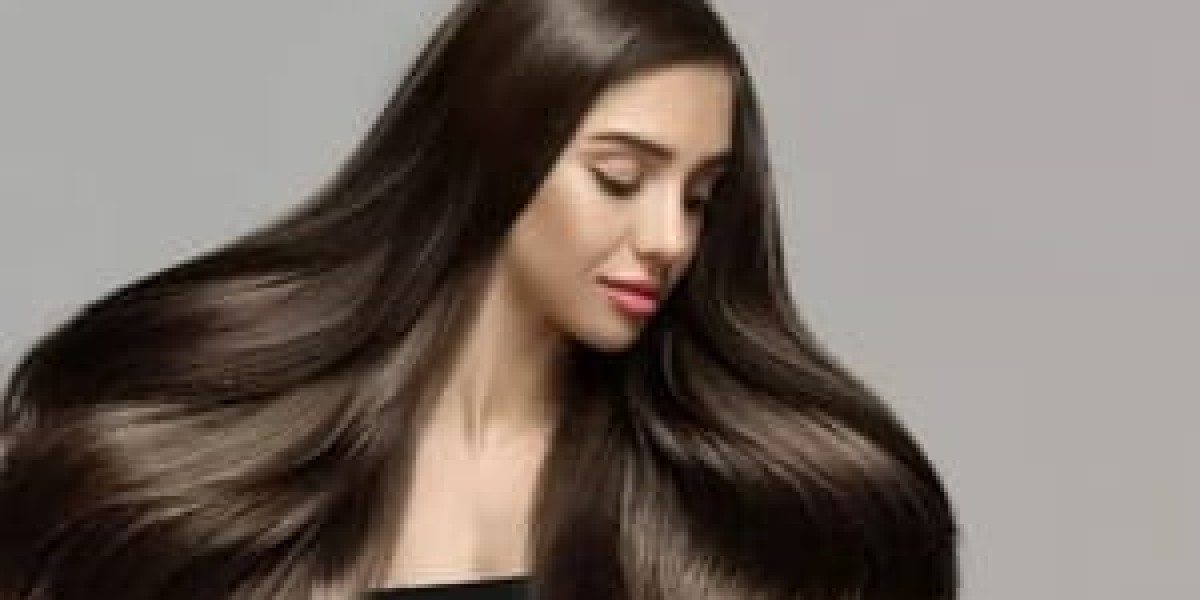Hair fall is a common issue that many individuals face, and it can be distressing to see strands of hair on your pillow, in the shower, or on your clothing. While some hair loss is normalaveraging about 50 to 100 strands a dayexcessive shedding can indicate underlying problems. Often, our daily habits contribute significantly to hair loss. This article delves into the daily habits that may be causing your hair fall and how to modify them for healthier hair.
1. Unhealthy Diet
A poor diet lacking essential nutrients can lead to hair fall. Hair is made up of protein, and insufficient protein intake can weaken hair strands. Additionally, deficiencies in vitamins and minerals, such as iron, zinc, and biotin, can impair hair growth and lead to increased shedding.
Solution:Incorporate a balanced diet rich in fruits, vegetables, lean proteins, and healthy fats. Foods like spinach, nuts, eggs, and fish can provide the necessary nutrients to support hair health.
2. Stress
Chronic stress is a significant contributor to hair loss. When the body is under stress, it produces cortisol, which can disrupt the hair growth cycle and lead to conditions like telogen effluvium, where hair falls out more than usual.
Solution:Engage in stress-reducing activities such as yoga, meditation, or regular exercise. Mindfulness practices can help manage stress levels, promoting overall well-being and healthier hair.
3. Tight Hairstyles
Wearing tight hairstyles, such as ponytails, braids, or buns, can cause traction alopecia, a form of hair loss resulting from constant tension on the hair shafts. This can weaken hair follicles and lead to permanent damage if not addressed.
Solution:Opt for looser hairstyles and change your hair part frequently to avoid putting too much stress on the same areas. Use soft hair ties instead of elastic bands to minimize pulling.
4. Overuse of Heat Styling Tools
Frequent use of heat styling tools like hair dryers, curling irons, and straighteners can damage hair, making it brittle and prone to breakage. The high temperatures can strip moisture from the hair, leading to dryness and increased shedding.
Solution:Limit the use of heat styling tools and allow your hair to air dry when possible. When using heat, apply a heat protectant spray to shield your hair from damage.
5. Neglecting Scalp Health
A healthy scalp is crucial for hair growth. Neglecting scalp care can lead to conditions like dandruff or seborrheic dermatitis, which can inhibit hair growth and contribute to hair loss.
Solution:Keep your scalp clean by washing your hair regularly with a gentle shampoo. Consider using scalp treatments that nourish and stimulate hair follicles. Regularly massaging the scalp can also improve blood circulation and promote hair growth.
6. Aggressive Brushing
Brushing your hair aggressively, especially when it is wet, can lead to breakage and hair loss. Wet hair is more vulnerable and prone to damage, making it essential to handle it with care.
Solution:Use a wide-toothed comb to detangle wet hair gently, starting from the ends and working your way up. Avoid brushing your hair excessively and opt for soft-bristle brushes for dry hair.
7. Going to Bed with Wet Hair
Sleeping with wet hair can increase the risk of breakage due to friction against the pillow. When hair is wet, it is in a weakened state, making it more susceptible to damage.
Solution:Allow your hair to dry completely before going to bed. If you must sleep with damp hair, consider using a silk or satin pillowcase to reduce friction.
8. Smoking and Alcohol Consumption
Both smoking and excessive alcohol intake have been linked to hair loss. Smoking restricts blood flow to the scalp, while alcohol can dehydrate the body, affecting hair health.
Solution:Quitting smoking and moderating alcohol consumption can improve overall health and potentially reduce hair loss. Focus on hydration and maintaining a healthy lifestyle.
9. Failing to Wash Hair Regularly
Not washing your hair often enough can lead to a buildup of oil, dirt, and product residue on the scalp, which can inhibit hair growth and lead to hair fall.
Solution:Establish a regular hair washing routine that suits your hair type. Use a gentle shampoo to cleanse the scalp and remove buildup without stripping natural oils.
10. Ignoring Hair Products
Using harsh hair products containing sulfates, parabens, and alcohol can damage hair and contribute to hair loss. These ingredients can dry out hair and irritate the scalp.
Solution:Choose hair care products that are free from harmful chemicals. Look for sulfate-free shampoos and conditioners that are gentle on the hair and scalp.
Conclusion
While genetics and hormonal changes can play a significant role in hair loss, many daily habits contribute to the problem. By being mindful of these habits and making necessary adjustments, you can help prevent excessive hair fall and promote healthier hair growth. Incorporating a balanced diet, managing stress, and practicing good hair care can significantly improve your hair's health. If hair loss persists despite these changes, consider consulting a healthcare professional to explore potential underlying causes and treatment options. Taking proactive steps today can lead to a fuller, healthier head of hair tomorrow.
myUpchar is a leading health content platform in India, providing reliable healthcare information, teleconsultations, and access to doctors in multiple languages, primarily serving Tier-1, Tier-2 and Tier-3 cities








